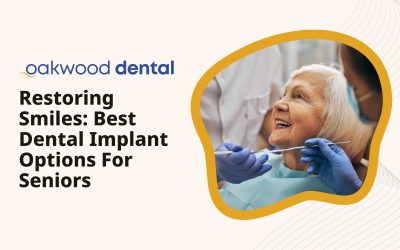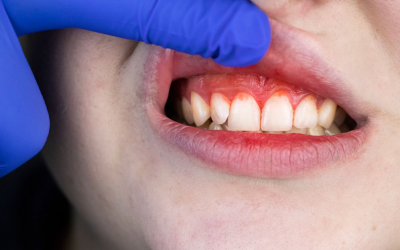According to a 2017 Center for Disease Control report, 14 of every 100 individuals age eighteen and over smoke in the United States. However, quitting after smoking for so long is difficult and might require professional support.
If anything, the reason most people consider quitting is due to how smoking impacts your oral health. It’s been found that smoking interferes with the normal function of gum tissue cells, making smokers vulnerable to periodontal disease and infections.
In the long run, smoking affects your teeth’ overall appearance and health. Take a look at what smoking do to your teeth:
1. Tooth Discoloration
If you’re smoking a pack of cigarettes daily, you can forget the possibility of ever having white teeth. That’s because your teeth absorb everything you put in your mouth, and it’s more prominent as your age.
When you smoke a cigarette, the nicotine and tar seep into the cracks of your teeth, becoming a dent until a dentist emerges. After a long time of smoking, you would have built up plaque and tartar, which your dentist can also remove.
2. Delayed Healing Process
In a situation where you require a surgical procedure and you happen to be a smoker, this reduces the healing rate. That is because tobacco decreases the oxygen in your blood, which is necessary for healing.
Smokers are also at a higher risk of infection if the gum fails to heal correctly. That is why it is crucial to give up smoking for the sake of your teeth and overall health.
3. Mouth Cancer
Most people know that smoking can cause lung and throat cancer but are unaware that it can also cause mouth cancer. Every year, thousands of people die from mouth cancer caused by smoking.
While quitting is never easy, watching your body recover from the abuse is always worth it. You become healthier and happier; most importantly, your sparkling, white teeth will encourage you to smile more.
How Can I Quit Smoking?
Many who have struggled with smoking know that quitting is often not the problem but dealing with the cravings and low dopamine. However, your dentist may be able to help you calm those cravings with some medications, such as nicotine gum and patches.
There are also cessation classes and support groups you can find in your locality, often offered through local hospitals and sometimes your employer or health insurance company. Feel free to ask your dentist or doctor for information on similar support programs. If you’re ready, go ahead and give us a call or fill out our contact form to book an appointment.

 718-979-2121
718-979-2121


